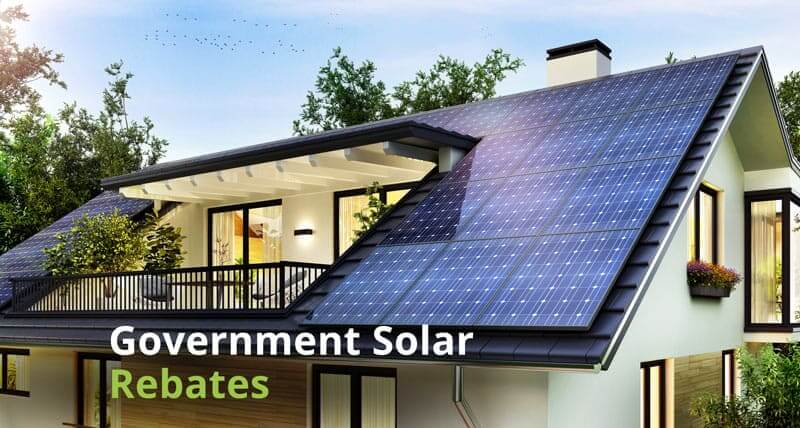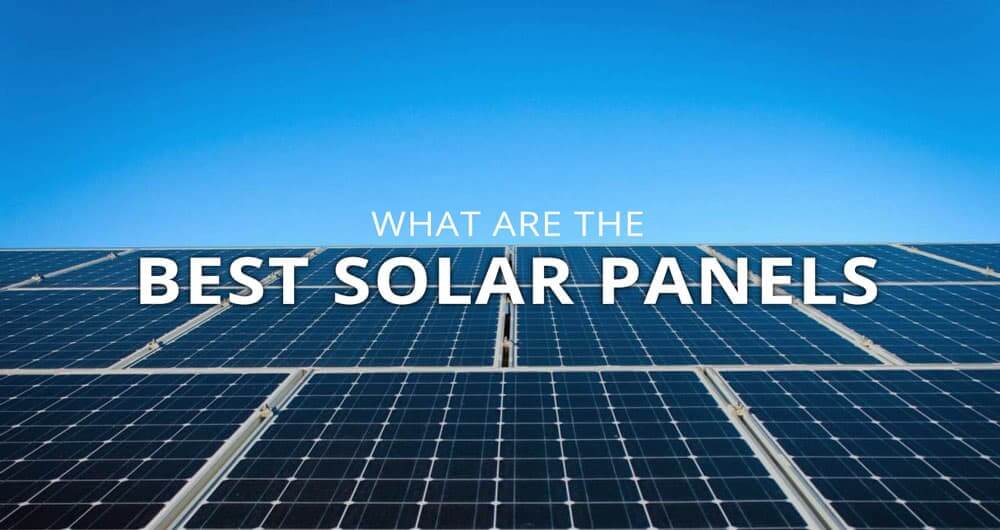Imagine a life where you’re in full control of your own power, grub, and water supply, free from the grip of utility companies and conventional practices. Taking on an off-grid lifestyle offers a fresh perspective on this idea, but it’s a decision that requires careful thought.
Some of the benefits you will get when living off-grid include reduced dependence on utilities, such as electricity, water, and gas, as you will be harnessing your own power. However, most people shy away from off-grid living because of the high initial investment.
In this blog post, we’ll explore the pros and cons of living off-grid in 2023 and provide a comprehensive guide to making an informed decision about whether this lifestyle is right for you.
Table of Contents
ToggleShort summary
- Consider location, legal restrictions and permits, lifestyle adjustments before living off-grid.
- Benefits include self-reliance, reduced utility dependence and environmental benefits.
- Challenges include initial investment costs, potential isolation/social challenges and daily workload commitment.
Living Off-Grid in 2023
| Pros | Cons |
|---|---|
| Reduced utility dependence | Large initial investment |
| Self-reliance and independence | Isolations and social challenges |
| Reduce emissions | Large daily workload & commitment |
| Generating your own power | |
| Sustainable waste management |
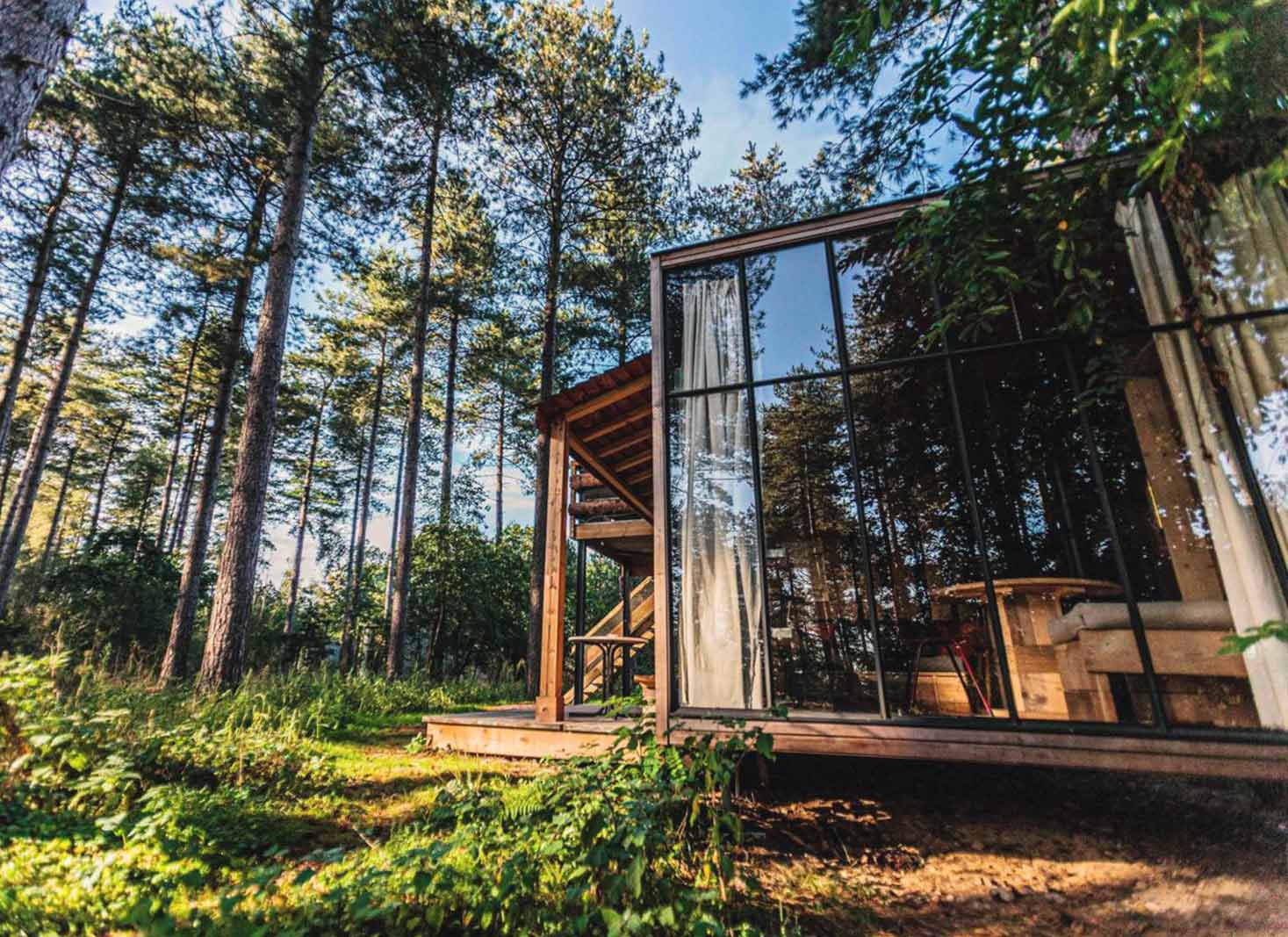
The pros of living off-grid
Living off-grid offers numerous benefits, such as reduced utility dependence, self-reliance, and environmental advantages.
In this section, we’ll delve deeper into these advantages and explore how they can improve your quality of life and contribute to a more sustainable future.
Reduced utility dependence
One of the most significant benefits of off-grid living is reduced utility dependence. By generating your own energy through solar panels, wind turbines, or other renewable sources, you can save money on utility bills and gain freedom from fluctuating energy prices.
This self-sufficiency also provides a sense of accomplishment, knowing that you’re meeting your energy needs through your own efforts and resources.
Reducing utility dependence goes beyond financial savings. It’s also a step towards a more sustainable lifestyle, free from the throwaway culture and general consumption that often accompany traditional utility services.
By embracing this degree of self-sufficiency, you’re taking control of your life and making a positive impact on the environment.
Self-reliance and independence
Off-grid living fosters self-reliance and independence, providing a sense of control over your life.
As you develop the skills and knowledge necessary for self-sufficiency, you’ll experience increased self-confidence, knowing that you can withstand challenging situations and thrive without external help. This independence can contribute to personal growth and a positive attitude towards life.
The journey towards self-reliance and independence is not without its challenges, but the rewards can be immense. By embracing an off-grid lifestyle, you’ll cultivate resilience, resourcefulness, and adaptability – traits that will serve you well in all aspects of life.
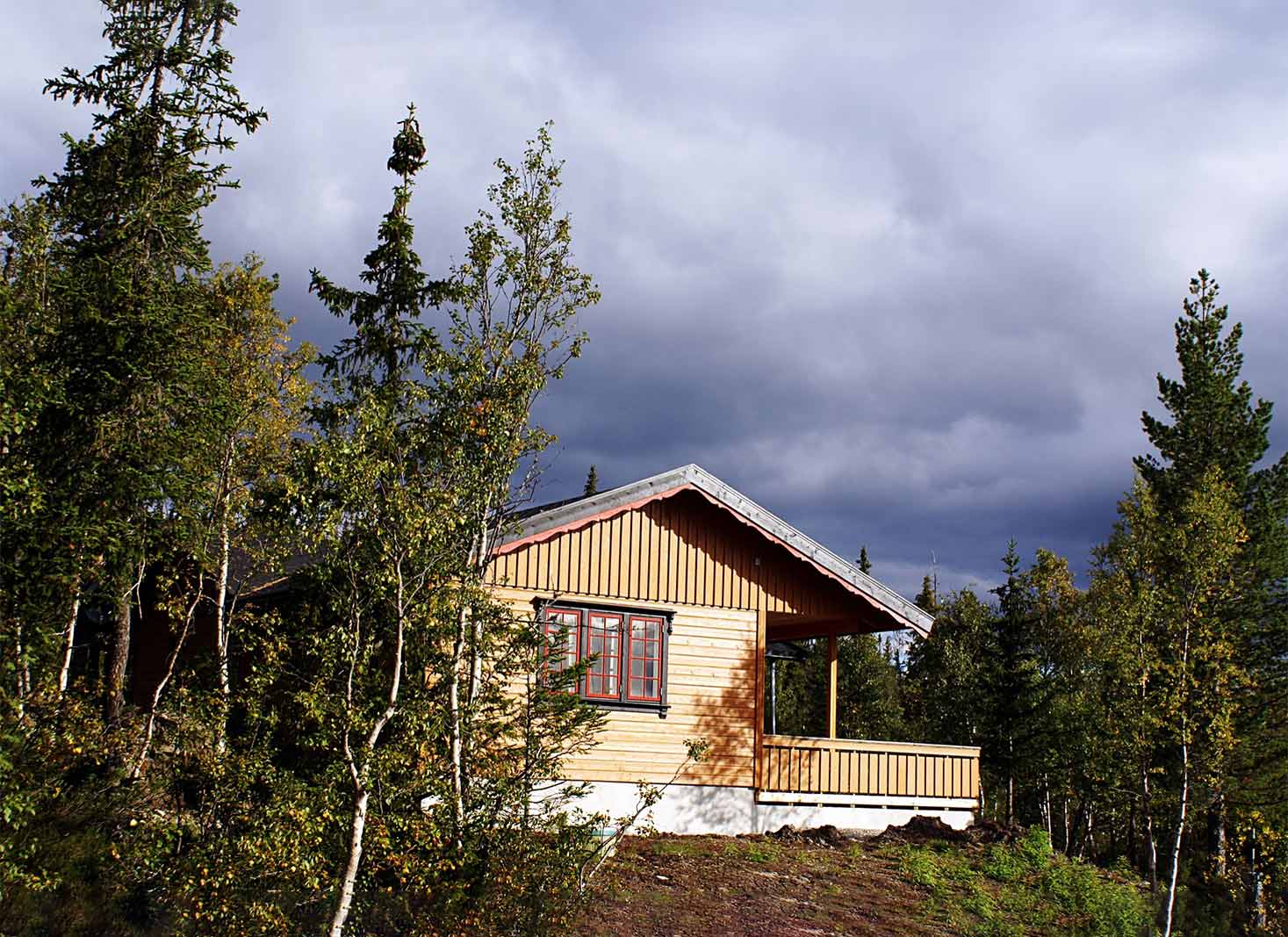
Environmental benefits
Off-grid living offers numerous environmental benefits, such as:
- Reduced greenhouse gas emissions
- Sustainable resource use
- Generating your own electricity through renewable energy sources, contributing to the fight against climate change and reducing your carbon footprint
- Sustainable land management practices and waste disposal methods, further minimising your environmental impact.
The environmental benefits of off-grid living extend beyond your immediate surroundings. By embracing a sustainable lifestyle, you’re setting an example for others and inspiring them to consider their own off-grid journey.
The cons of living off-grid
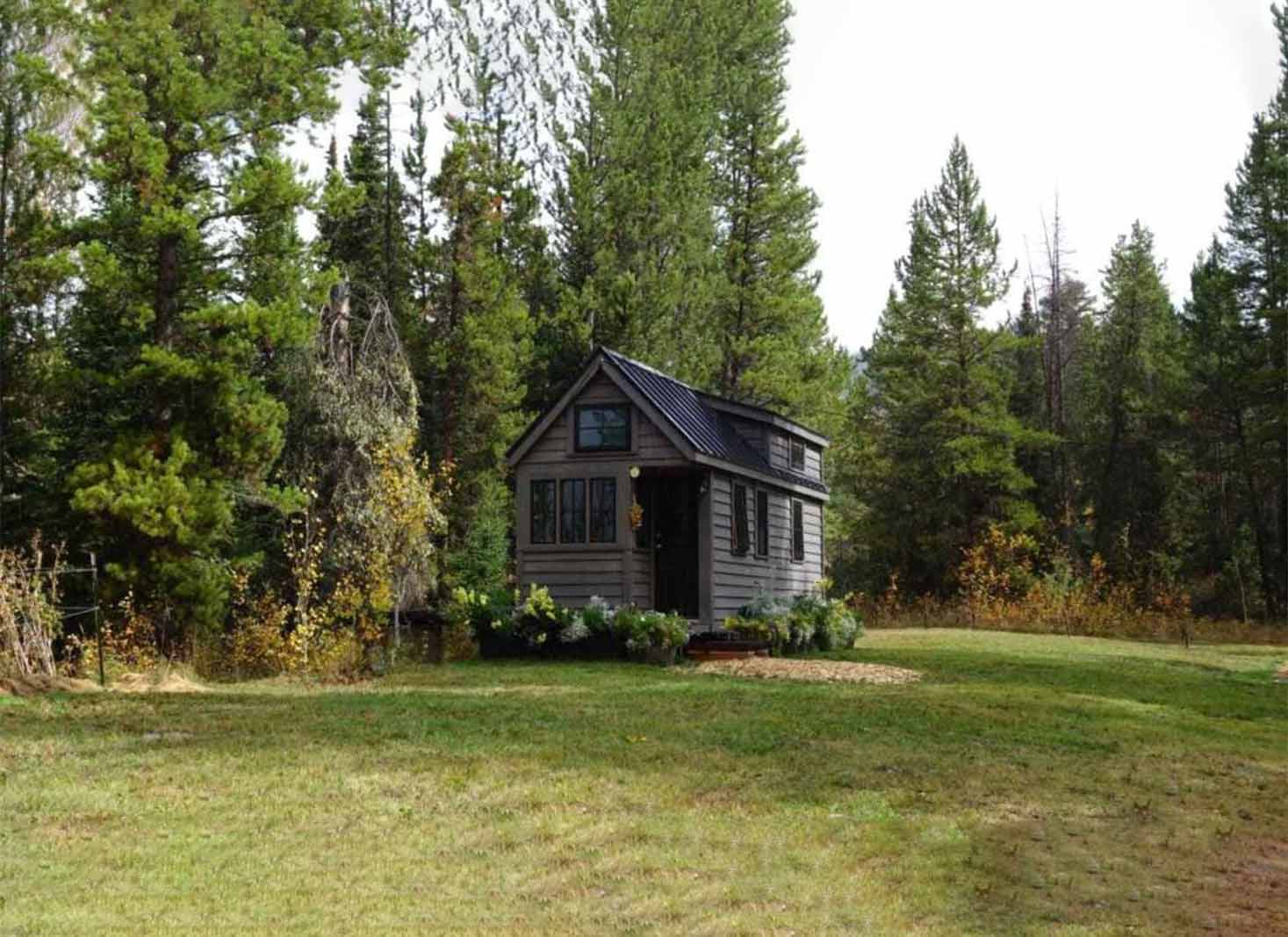
While off-grid living offers many benefits, it’s essential to consider the potential drawbacks before making the leap. In this section, we’ll discuss:
- The initial investment and maintenance costs
- Potential isolation and social challenges
- The daily workload and commitment associated with living off-grid.
Initial investment and maintenance costs
Off-grid living can involve high initial investments, such as purchasing land, constructing a home, and installing solar panels or wind turbines. Additionally, maintenance costs for renewable energy systems and other off-grid infrastructure can be substantial.
However, these expenses should be weighed against the potential long-term savings gained from reduced utility bills and a more sustainable lifestyle.
It’s important to carefully plan your off-grid journey and make informed decisions about the initial investments and ongoing maintenance costs. By doing so, you’ll be better prepared to manage your finances and enjoy the benefits of off-grid living without being burdened by excessive costs.
Potential isolation and social challenges
Living off-grid can lead to potential isolation and social challenges, depending on your personality and social needs.
While the solitude and independence of off-grid living may be appealing to some, others may struggle with feelings of loneliness and disconnection from society. It’s crucial to consider your social needs and how they may be impacted by living off-grid.
To mitigate potential isolation, consider engaging in local community events and maintaining connections with friends and family. By finding a balance between off-grid independence and meaningful human interaction, you can enjoy the benefits of off-grid living while maintaining a strong support network.
Daily workload and commitment
Off-grid living requires a significant daily workload and commitment. You’ll need to manage your energy sources, water supply, and food production, which often involves manual labour and resource management. This work can be physically demanding and time-consuming, but it’s an essential part of off-grid life.
It’s important to be prepared for the daily workload and commitment involved in off-grid living. Embracing these challenges and cultivating a strong work ethic will help you be better equipped to enjoy the rewards of a self-sufficient and sustainable lifestyle.
Key factors to consider before going off-grid
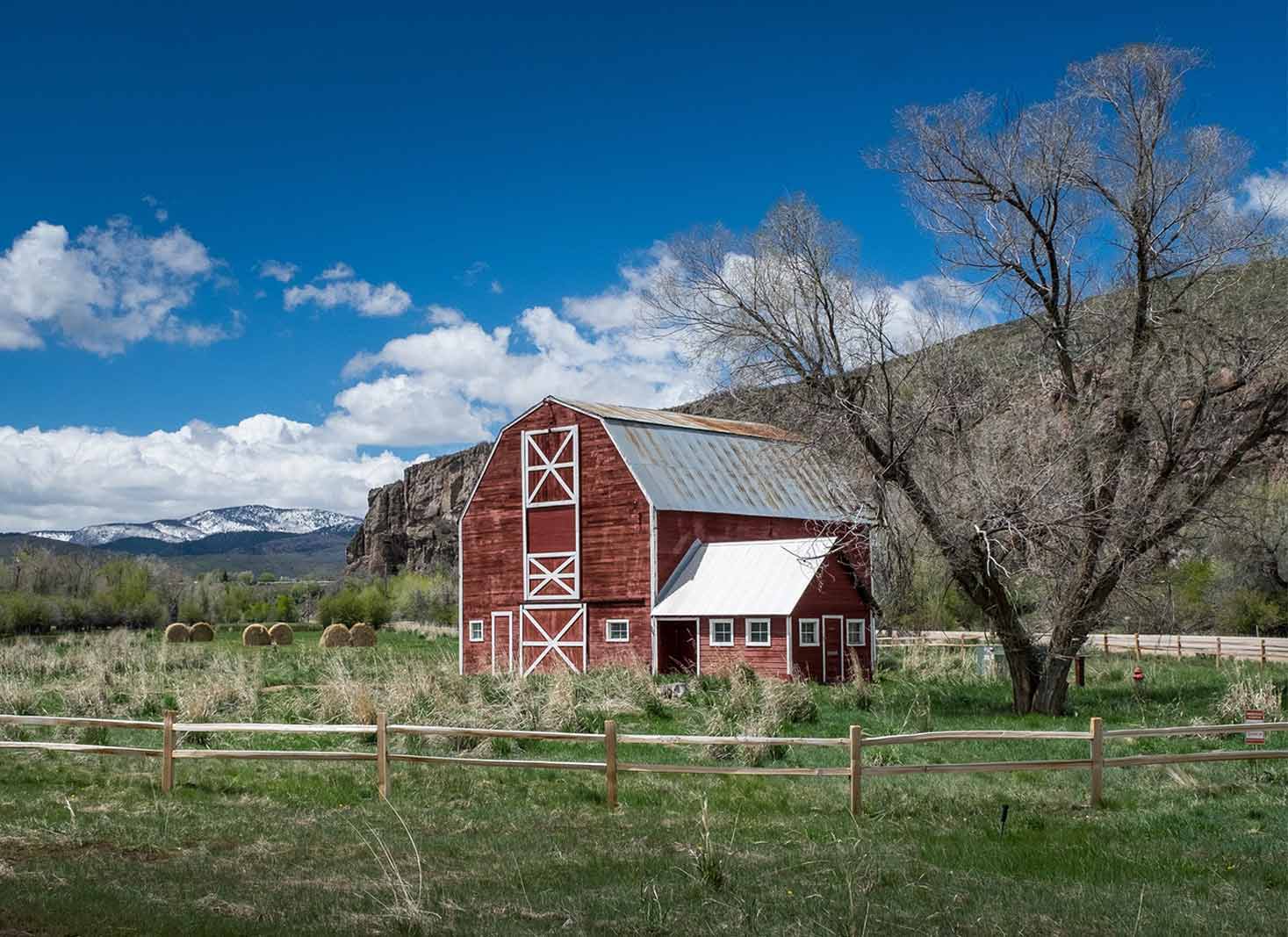
Embarking on an off-grid journey requires careful consideration and planning. Before making the leap, it’s crucial to evaluate your readiness for this self-sufficient lifestyle.
In this section, we’ll discuss three key factors to consider before going off-grid: location and accessibility, legal restrictions and permits, and lifestyle adjustments and preparedness.
Location and accessibility
The location of your off-grid home is vital. It determines the availability of resources, the scope of emergency response, and opportunities for meaningful human interaction.
When selecting a location, consider potential sources of water, such as drawing from a stream, accessing groundwater, or collecting rainwater.
Harvesting rainwater is an optimal choice as it is uncontaminated, utilises gravity, and requires minimal energy.Also, take into account the weather conditions, such as average yearly rain and snowfall.
Accessibility is equally important, as it affects the efficiency of emergency response and the ease of obtaining supplies. Living in a remote area may provide the desired solitude, but it can also limit access to essential services and support networks.
Legal restrictions and permits
Off-grid living may be subject to legal restrictions and permits that vary by state. These restrictions can impact your off-grid options, such as rainwater harvesting and composting.
For example, composting toilets are not legally accepted in all states. It’s essential to research the specific legal requirements in your chosen location before deciding to live off the grid.
Ensure that you are aware of any land management regulations, zoning laws, and building codes that may affect your off-grid home and lifestyle. Compliance with these rules will help you avoid potential legal issues and fines in the future.
Lifestyle adjustments and preparedness
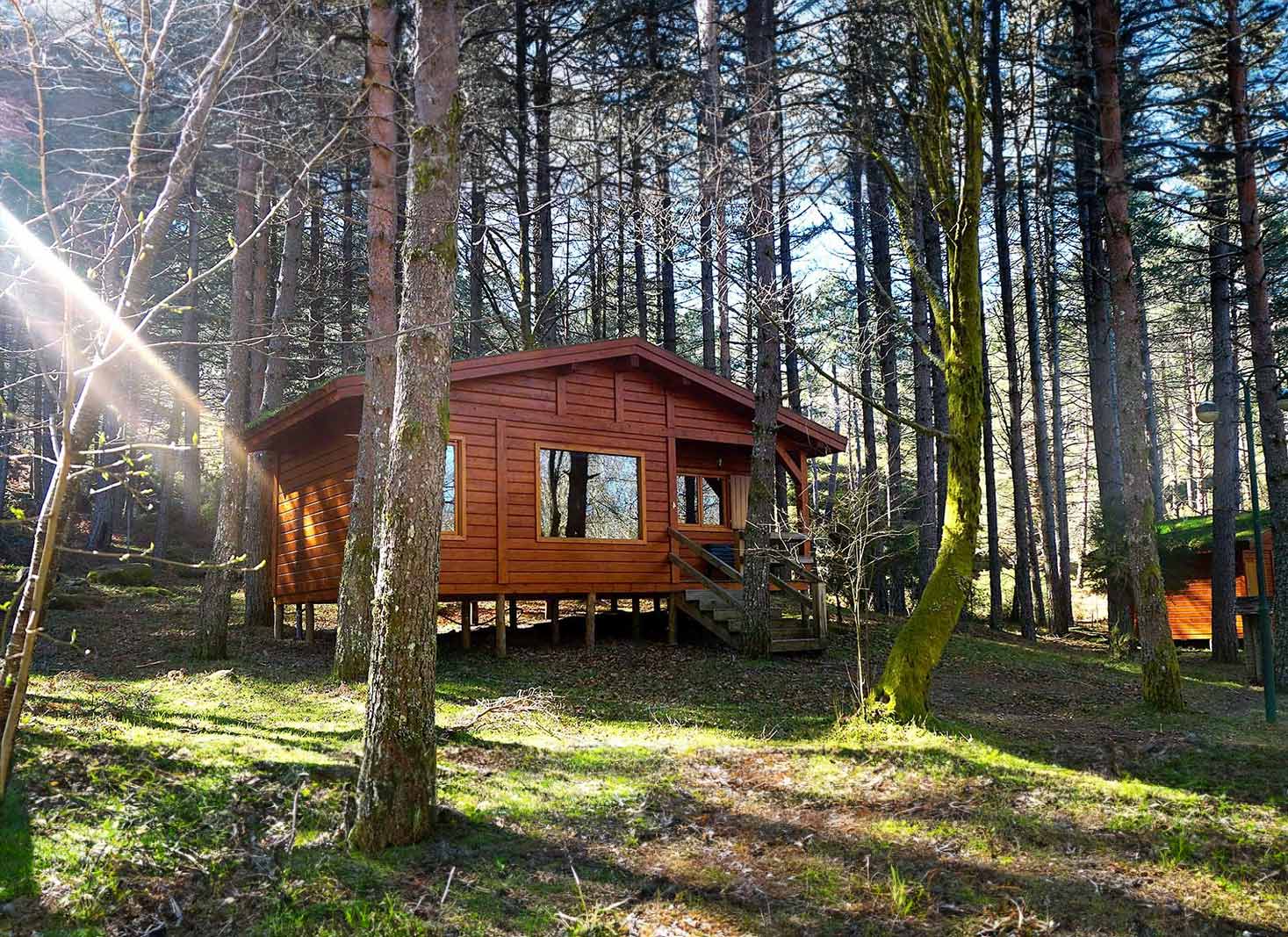
Transitioning to off-grid living requires significant lifestyle adjustments and preparedness. You’ll need to acquire new skills and adapt to a self-sufficient lifestyle, which involves producing your own food and managing waste.
For example, you can collect greywater from showers, washing machines, and sinks to use for watering gardens and flushing toilets.
It’s crucial to consider the initial investments and skills required for a successful off-grid transition. Are you ready to live completely off the grid, without relying on grocery stores and modern conveniences? Embracing an off-grid lifestyle may be challenging, but it can also be incredibly rewarding and fulfilling.
Off-grid living alternatives: grid-connected solar systems
If the challenges of off-grid living seem overwhelming, there are alternatives that offer a balance between energy independence and access to backup power. Grid-connected solar systems provide a flexible option for those looking to use renewable energy while still being connected to the grid.
A grid-connected solar system is a solar panel system that is connected to the electrical grid, allowing you to access the grid when your stored solar power is insufficient.
This setup offers the benefits of energy independence while providing the security of a backup energy source when needed.
By considering a grid-connected solar system, you can enjoy the best of both worlds – off-grid freedom and on-grid reliability.
Real-life examples of off-grid living
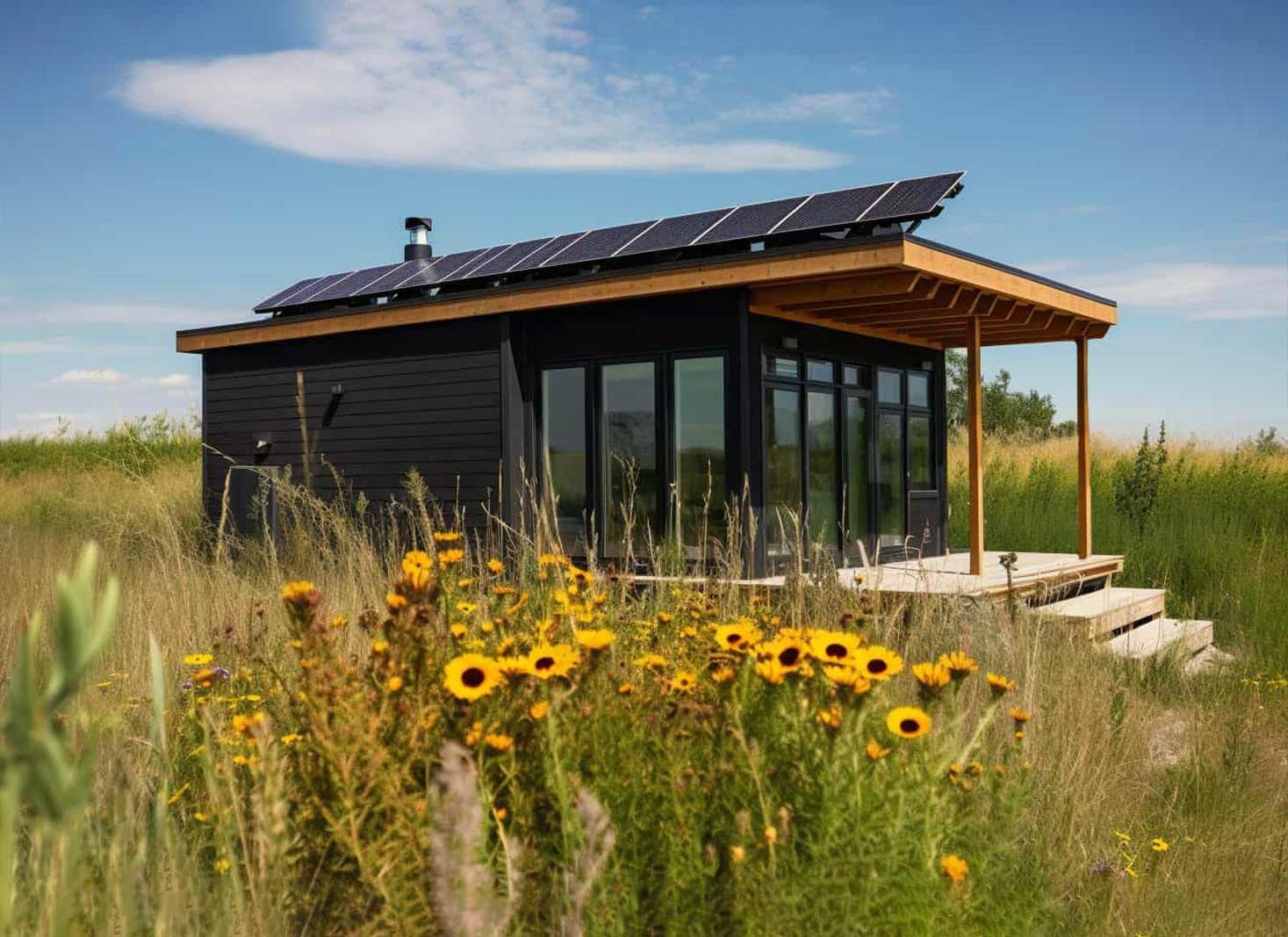
Off-grid living takes many forms, from remote mountain cabins to urban homes disconnected from the grid.
The Amish community, for example, offers a fascinating example of communal off-grid living with their self-sufficient lifestyle and rejection of modern conveniences.
Additionally, individuals and families around the world have embraced off-grid living, generating their own electricity, harvesting their own water, and cultivating their own food.
These examples demonstrate that off-grid living is not only possible, but can be a fulfilling and sustainable way of life.
FAQ's
Living off the grid can limit access to reliable communication services, such as cell phone reception or internet connection. This can make it difficult to stay in contact with those living farther away, making it a major disadvantage of living off the grid.
Yes, it is possible to live off grid in Australia. In fact, it’s becoming increasingly popular as it can reduce one’s environmental impact and costs of living.
Living off grid means relying on renewable energy sources such as solar, wind, and hydropower. It also means relying on rainwater for drinking.
A tank of 400-500 gallons is the minimum required for an off-grid water system, providing enough supply even if your water source is temporarily interrupted.
Living off-grid is a realistic option, as various renewable energy sources can be employed, but it will come at a cost.
Reducing energy consumption and limiting waste can help to make the lifestyle more viable.
It is possible to live off-grid in an urban environment, but it requires careful planning and consideration of local regulations. Access to resources such as water, electricity, and waste disposal must also be taken into account.
Table of Contents
Toggle


